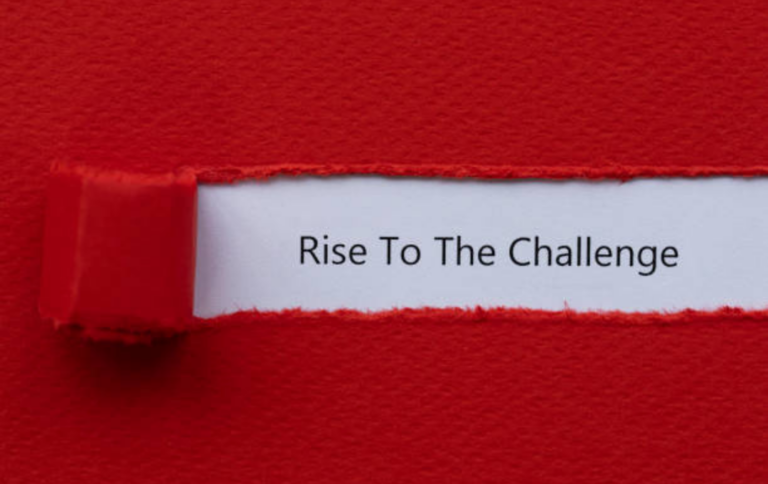The Problems with Nigerian Education System

This article attempts to dissect the problems with Nigerian education system and how these seemingly intractable problems can be surmounted.
The Nigerian educational system is bedeviled with a myriad of problems that has led to the near-collapse of the sector in recent years.
This has led to the worrisome reduction in the quality of education especially in government-owned schools all over the country.
From primary to secondary and even tertiary education, no level is spared the bastardization the sector has witnessed.
10 Problems with Nigerian Education System
The problems bedeviling Nigerian education system are multifarious and demands a holistic solution in order to successfully tackle it.
Read also: The Kind of Teachers you should recruit this 21st century
1. Funding
One of the greatest problems facing the Nigerian educational sector is lack of adequate funding. Over the years, successive government, both at the national level and States (and even local education authorities) had largely neglected much needed financial investments in the educational sector.
The national budget for education has remained abysmally poor over the years, standing at less than 10%, against the 26% recommended by the United Nations. This is in spite of the fact that half of the money budgeted will still end up being stolen away by corrupt government officials, leaving the sector almost in comatose.
If we are to get it right as a nation that values education and wish to educate its future leaders according to 21st standards, then we need to take our educational sector seriously. One way of doing this is by adequately funding the sector, and putting safeguards in place to stem the tidal wave of massive corruption that has stymied the growth of the sector in recent years.
2. Poor Governance
Nigeria as a whole has been beset with poor governance for a years now, and the problem has only extended to its educational sector. The current crop of leaders pay only lip service t critical issues of governance, leaving sectors such as education on autopilot. The result is a rapid and dangerous decline in the standard of education at all levels.
We only hope the government will take more pragmatic approach to taking the issues of governance more seriously and saving the educational sector before there is a total collapse of the sector.
3. Corruption
Like a hydra-headed monster, this is one of the greatest problems that the educational system in Nigerian currently faces. The entire sector is wracked by endemic corruption, so much so that it has eaten deeply into the fabric of the entire system.
Monies meant for renovation of classrooms are diverted into private bank accounts by contractors in collusion with government officials, and nothing is done about it.
Lecturers award marks to the highest bidder, with female students often rewarding randy lecturers with sex in exchange for grades. The system has so much been infested with the corruption scourge that it will take a concerted effort by all stakeholders in the sector to effect a meaningful change.
4. Lack of Infrastructure
This often is a fallout of some of the problems listed above. Most of the schools in the country, from primary schools to universities, suffer from an acute lack of basic infrastructure.
In most of the primary schools, for instance, pupils have to study under trees, while in orders, classrooms are often without roofs or desks to write on.
Some schools do not even have teachers to teach the students. It’s a very pathetic situation; one something drastic has to be done if we want to save our educational system in this country.
5. Indiscipline
It’s almost ironically that a sector that should extol the virtues of discipline is the one that is the most indiscipline. To be honest, there is wanton indiscipline within the Nigerian educational sector, one that is an offshoot of the erosion of moral standards in the Nigerian society.
Examination malpractices in most schools have been elevated to standard practice, with the few school administrators who shun the practice now treated like pariahs by their corrupt peers.
Parents are now widely encouraged to pay bribes to teachers to assist their children and wards in cheating during examinations, with invigilators often in direct collusion with these practices.
If anything is to be done to sanitise the educational system, it has to start from the Nigerian society as a whole where citizens are sensitised not to normalise bribery and cheating during examinations in schools.
6. Poor Parenting
For the most part, some of the evil bedevilling our schools today stems from the homes. Most parents have shunned their cardinal duty of providing moral guidance to their children and wards, leaving them to see vices such as examination malpractice and cultism as normalised behaviour.
Some parents have been known to even storm school premises just to harass teachers who discipline their wards. This sets a bad precedence in the fight against indiscipline in our schools.
7. Lack Of Teaching Aids An Instructional Materials
As a offshoot of the infrastructural decay in the sector, most schools are bereft of good quality in instructional materials that often result in poor teaching delivery. Most of the teachers are unmotivated, with some owed backlogs of salaries and other financial entitlements.
In such a climate, it’s hard to see how students will be properly taught to come out as educated citizens that can contribute meaningfully to the growth of the country.
8. Outdated Curriculum
The Nigerian educational sector has had to deal with the problem of outdated curriculum for decades now. From the primary to university levels, students are taught from curriculums that has no bearing with models in the 21st century, meaning that most Nigerian graduates are learning things that have no place in the modern world.
For the Nigerian student to function effectively in the midst of his peers from other countries, the nation’s curriculum has to be overhauled and modernized.
9. Lack of proper teacher enumeration packages
It’s a normal occurrence for teachers in Nigerian schools to be owed months and months of salary arrears. This has led to series of strikes by teachers’ unions over the years, which in turn has crippled the educational sector over the years.
Read on: How to become a professional Teacher in Nigeria
10. Lack of Responsibility and Delineation of Roles
This is another issue that has led to serious problems within the educational sector in Nigeria. There is often a clear lack of who to hold responsible when things go wrong. It is hard to figure out who controls the educational sector in Nigeria, with both the federal, state, and even local governments all exercising conflicting jurisdictions.
In such an atmosphere, it is hard to pinpoint where the blame lies when things go wrong. It is also hard to figure out whose responsibility it is to solve problems when everybody keeps passing the buck.
If we are serious about tackling the diverse problems plaguing our educational system, then we need to take steps to curb the myriad of problems that this important sector of our national life has been facing for years now. Because a nation that does not take the training and education of its future leaders as an issue of national priority is setting itself up for destruction.
Check out our LMS Demo.







